Arthur Anae On The Legacy and Impact of New Zealand's Samoan Citizenship Bill
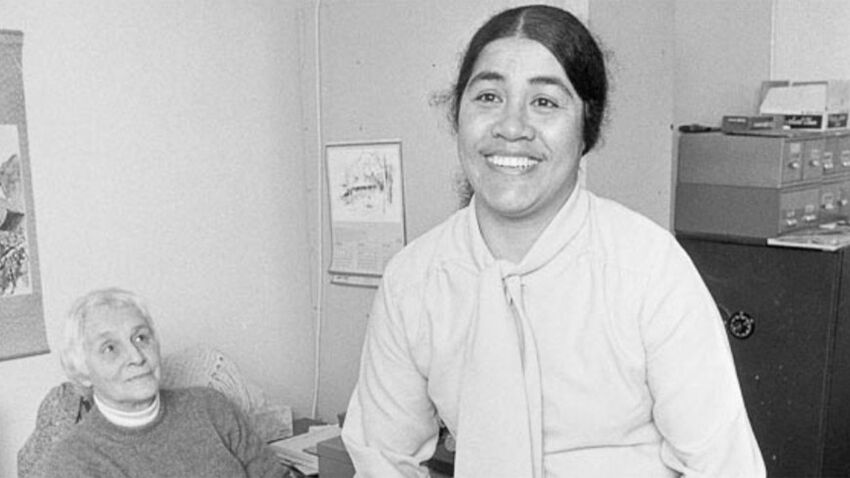
Samoans were elated with the news that their controversial citizenship history might take a new turn, with the Restoring Citizenship Removed by Citizenship (Western Samoa) Act 1982 Bill that passed its first reading in NZ Parliament in April 2024.
This bill, championed by Green Party MP Teanau Tuiono, aims to provide a pathway to citizenship for Samoans born between 1924 and 1949, the period of NZ’s colonial rule of Samoa.
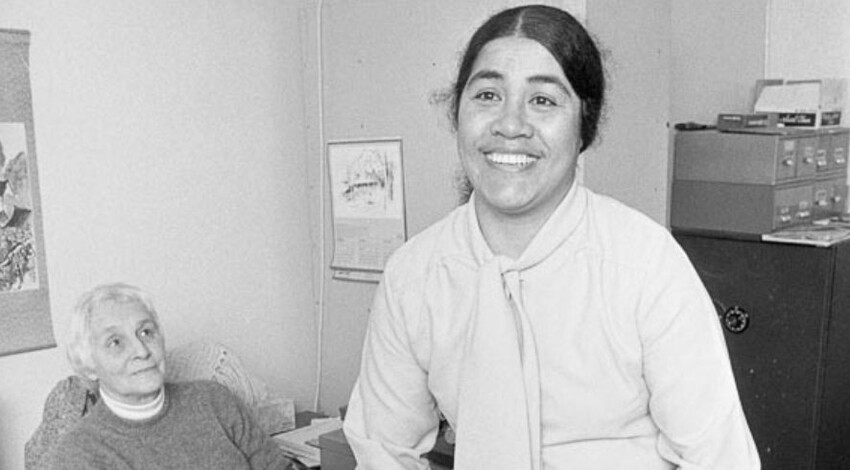
In a landmark case that successfully fought for this citizenship, a Samoan woman Falema'i Lesā was working as a kitchen hand in Wellington when she was threatened with deportation. She took her case for citizenship to court and in 1982, after a five year battle, a Privy Council ruling found her a citizen of New Zealand.
The Privy Council ruled that all Western Samoans born between 1924 and 1948 were British subjects and that in 1949 they and their descendants had become New Zealand citizens.
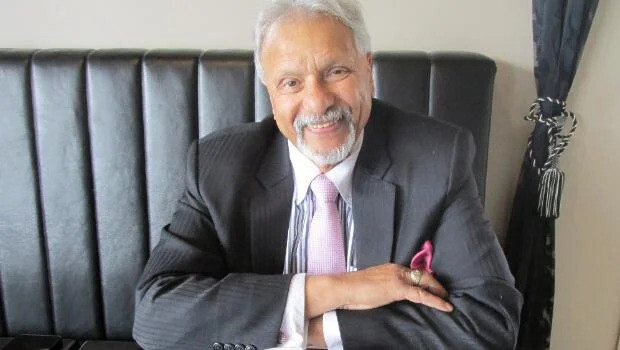
"The Privy Council, New Zealand's highest court ruled that Samoans born between 13 May 1924 and 1st Jan 1949 and their heirs were in fact all New Zealanders," Arthur Anae, a former National Party MP and a key figure in the Samoan community, reflects on the events that shaped the present-day struggle for justice. He continues, "but the Muldoon Government overturned the decision"
The NZ National government at the time, threatened by the idea of an avalanche of Samoan immigration quickly shut the door on any further citizenship cases, rushing through an act granting New Zealand citizenship only to Samoans who were living in New Zealand on 14 September 1982.
It was this overturning of the Privy Council ruling that has been the bitter pill for Samoans and Pasifika people to swallow, until now.
Anae's recollection of the past echoes the deep-seated injustices faced by the Samoan community, with successive governments taking actions to curtail their rights. His advocacy, spanning decades, has been instrumental in keeping the issue alive and pushing for legislative reform.
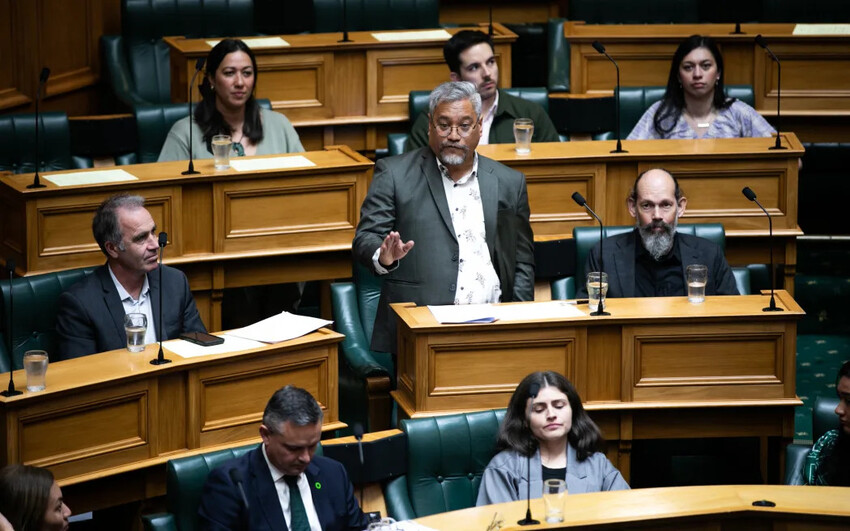
"The cohort of people that we are talking about, they're getting older and the youngest of those elders is 75 now, there's not many of them left, so the opportunity to address this injustice is now," Teanau Tuiono, the bill's sponsor, emphasises the urgency of the matter.
Anae echoes this sentiment, expressing his elation at the bill's reintroduction in Parliament:
"After we marched in 2003 Dr Geroge Barton and I were preparing to take the case to the International Human Rights Commission. Unfortunately Dr Barton passed away, and I had no other lawyer who showed the passion and heart to pursue, so I have sat and waited for the opportunity to revisit."
Many Samoans see the recent parliamentary proceedings as marking a significant step towards rectifying past injustices. The bipartisan support garnered by the bill reflects a growing consensus on the need to right the wrongs of the past - and has the unusual joint backing of the Green Party, Labour party, ACT and NZ First.
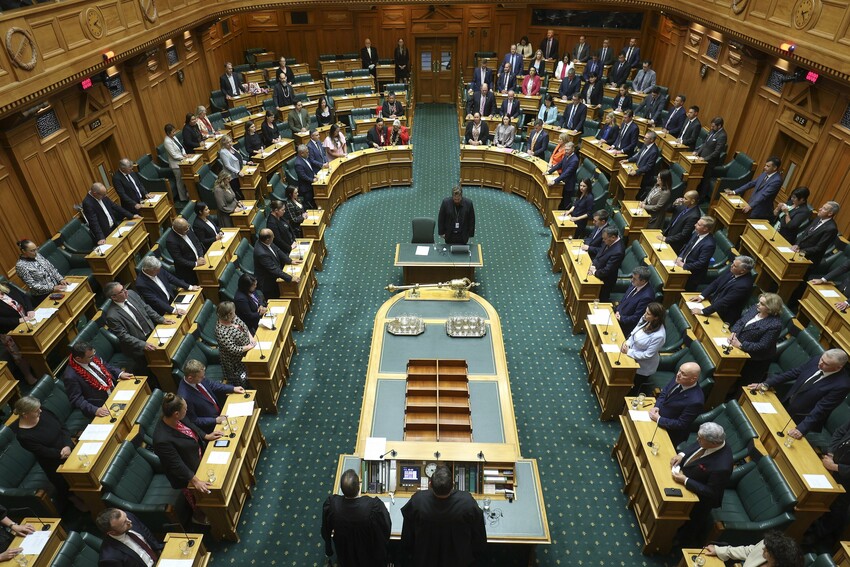
However, the decision by the National Party to oppose the bill raises concerns about the potential legal precedent it may set, highlighting the complexities of the issue.
Looking ahead, the outcomes sought by advocates like Anae are clear: the restoration of entitlements such as full superannuation and visa-free entry for affected individuals, as well as a reassessment of the quota system to facilitate a more equitable process. "I’m confident this time after 27 years we will succeed," Anae asserts, expressing hope for a positive outcome.
As the bill progresses through parliamentary procedures, community engagement remains crucial. Anae spoke to the importance of amplifying the voices of the Samoan diaspora, urging unity and determination in the pursuit of justice.
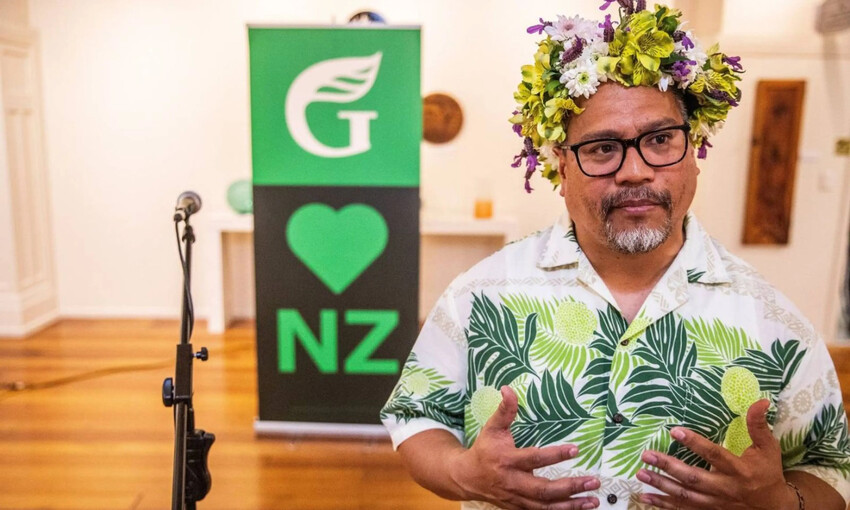
With support from legal experts and advocates, the Samoan community stands poised to make significant strides towards redressing historical injustices.
It’s considered that the Samoan Citizenship Bill represents more than just legislative reform; it symbolises a commitment to fairness, equity, and reconciliation. As New Zealand navigates this critical juncture, it’s hoped that it will heed the calls of the Samoan community and uphold the principles of justice and human rights on which its judicial system is built.
